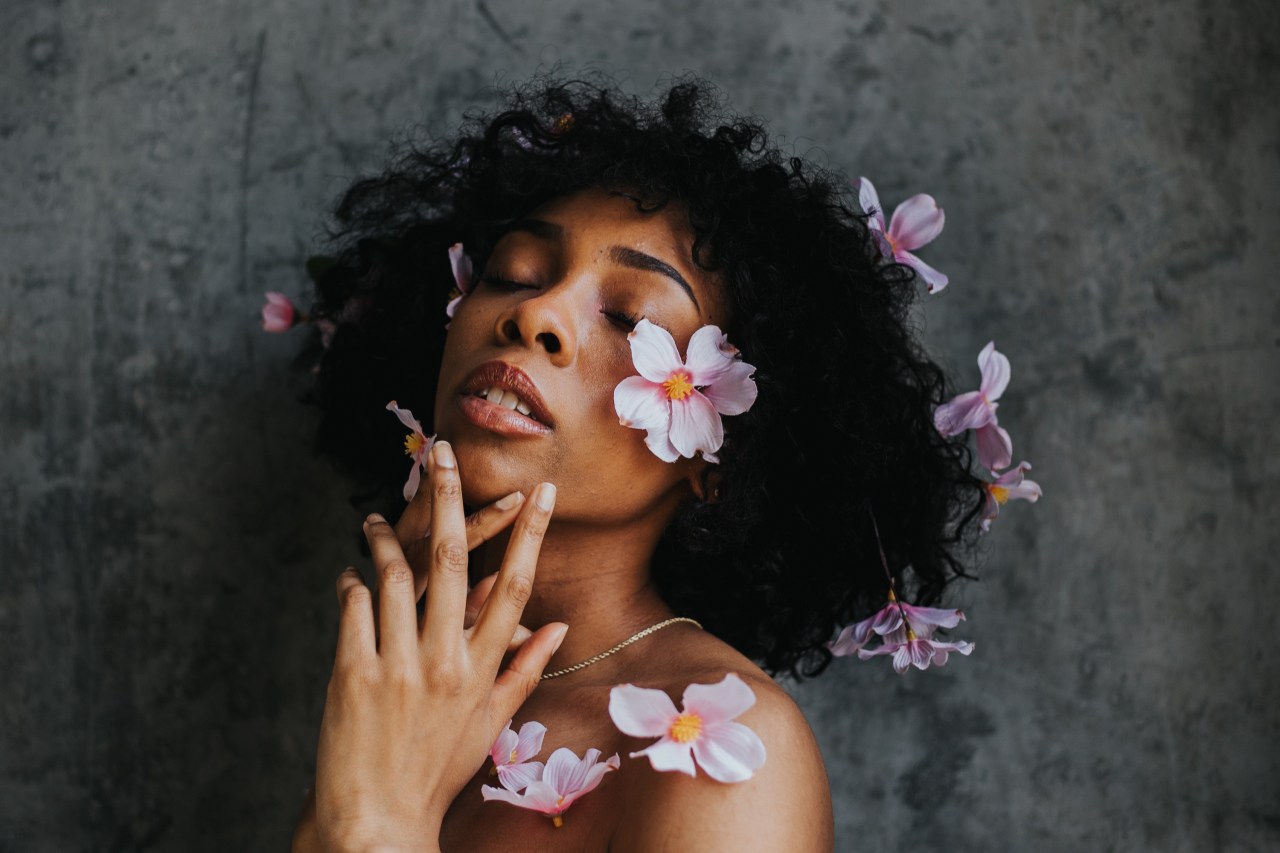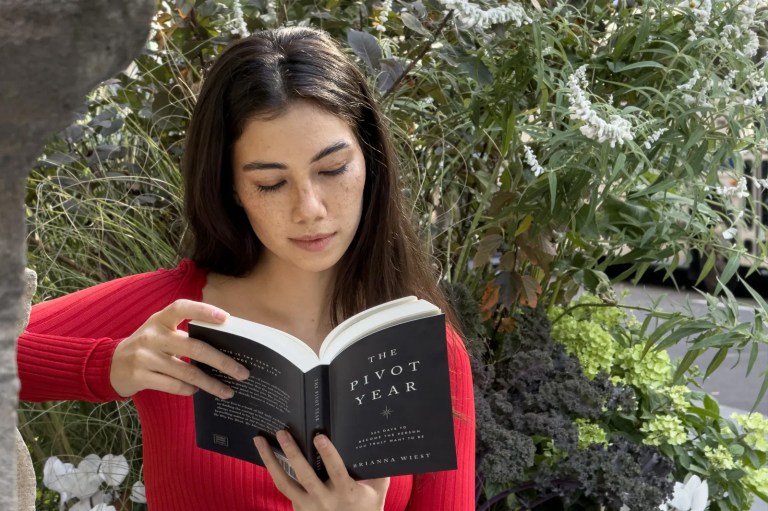
16 Ways To Stop Worrying About How Your Life Looks And Start Focusing On How It Feels
1. Count how many times you’ve really been happy after you got something you thought you wanted. What happened after you got the relationship you were lusting after? What happened after you got that job? What happened when you made more money? Chances are, things were different, but proportionately good and bad.
2. Make a list of all the imperfect people you’ve known in your life who have had love. Who have had romantic partners and best friends and jobs you could only ever dream of. Make a list of all the people who are conventionally unattractive and spiritually adrift and imperfect and all the things each one of them had despite being that way. Make it your own personal proof that you do not need to be perfect to be good enough.
3. Ask yourself what you’d do if social media were no object, and nobody would know. What would you do this Saturday, what would you do tonight? What would your career goals be, how many photos would you really take? Who would you hang out with, where would you live, if you weren’t silently policing yourself through the lens of “what other people see.”
4. Ask yourself what you’d do if money were no object, and you could do anything. This is a classic exercise that many people dismiss because of how impractical it is. Unfortunately, those people aren’t thinking deeply enough to understand the real point. It’s not to discover what you’d actually do if you didn’t have to worry about money (that’s not our reality) it’s about the essence of what you’d do, and how you can incorporate that into your everyday life. Would you vacation, would you keep your current job? It just goes to show you whether you value relaxation or accomplishments or whatever else, and understanding what you value is crucial to understanding who you are.
5. Take photos to remember happy moments, not prove that you looked good or did something cool. Make a special album on your phone just for “happy moments.” When you feel good or are enjoying yourself or have some kind of revelation, just take a photo of whatever’s in front of you (however unworthy of Instagram it is.) When you look back at these seemingly random snapshots, you’ll experience those feelings all over again. You’ll see, by contrast, the emotional difference between capturing the moments that matter to you and creating moments to matter for other people.
6. Identify the “people” you always think are judging you. You know how people always say that? “People are judging me.” “I’m worried about what people will think.” Most of the time, those “people” are a faceless crowd that only exist in your mind. In other words, they’re you, projected outward. It’s what you’re judging yourself for. The first step is realizing that the “people” you worry about don’t really exist.
7. Think about what makes you feel the most jealous. The things that make us the most jealous and envious are usually the things that we feel we’re not living up to within ourselves. We’re jealous of the beautiful girl not because we want to be beautiful like her, but because we’re lacking something so much more important, which is love for ourselves. We’re jealous of the successful writer not because we also want to be lauded, but because we know we’re not doing the work to get there.
8. Don’t clean before someone comes over. Save for people who, you know, aren’t hygienic, don’t worry about setting up a stage when someone else visits. I’m not talking about straightening up or putting personal items away, but actually trying to construct an appearance that is the physical equivalent of bleach blonde hair dye. Let people into your life in a true way. Let them enter a moment in your life, just as it’s happening. It’s the only way you truly bond.
9. Re-think how you celebrate the most important days of the year. Most people do it with relatives they see only on holidays, who they don’t have genuine relationships with otherwise, and who they are vaguely unhappy to have to see. These days are meant to be spent treating the people who love you all year round to parties and meals and gifts. Not the people who you feel morally obligated (but emotionally repressed) into stomaching.
10. Get rid of things that aren’t purposeful or meaningful. The reason why this is so important is because things are defining, especially when we buy them with the intention of making us “different.” Our things construct our experiences. They create what we see and by extension how we feel. They are the means through which we put ourselves together each day. It’s not about having as little as possible, it’s about having only things that serve purpose or hold meaning. Do it. It will transform your life. (And that’s no small claim to make.)
11. Ask yourself: “If I knew nobody would judge me, what would I stand for?” What do you inherently agree with, once you’re past all the self-imposed social filters? People think being conscious of their hidden thoughts and feelings and prejudices = being unaware and ignorant, but the opposite is true. It’s being unaware that’s a problem.
12. Ask yourself: “If I could tell every single person in the world just one thing, one sentence, what would it be?” Would you say: “it’s going to be okay?” “Don’t worry so much?” “Seek the best in others?” “Follow me on Twitter?” What you think you’d want to say to everyone out there is actually a projection of what you most need to hear. That’s what you most want to tell you.
13. Decide that to be worthy of something is just to be grateful to have it. You choose what your self-esteem is measured by. You decide what your worth is based on. You decide whether or not you’re good enough for something, and because that is the case, decide that the people who are worthy of what they have are the ones who are grateful to have it. Nothing more, nothing less.
14. Realize that you are not only as accomplished as you are over your biggest hurdle. You’re not only as “good” as you are “perfect,” you’re not only as “good” as you are better than someone else, either. In the words of Oprah (who else?) you can have everything, just not at the same time. Be grateful for this: it means you have the opportunity to appreciate what’s in front of you, and you always have something else to work toward and look forward to.
15. Assume that all things are for the best. When people care most about how their lives look is when they’re most closed to how their lives feel. When they’re most closed to how their lives feel is when they don’t want to feel pain. Being truly at peace requires realizing that everything is for the best: everything in your life does one of three things: shows you to yourself, heals a part of yourself, or lets you enjoy a part of yourself. If you adopt that perspective, there’s nothing left to fear.
16. Ask yourself: “If the whole world were blind, how many people would I impress?” This Boonaa Mohammed quote has been making the rounds lately, but it’s always important. Truly imagine a life in which you could not see things. In which all that exists is how you feel, and how you make others feel. In this kind of world, what kind of person are you, and is it for those reasons that, perhaps, creating a life that looks good to earn other people’s love has supplemented having your own? ![]()











